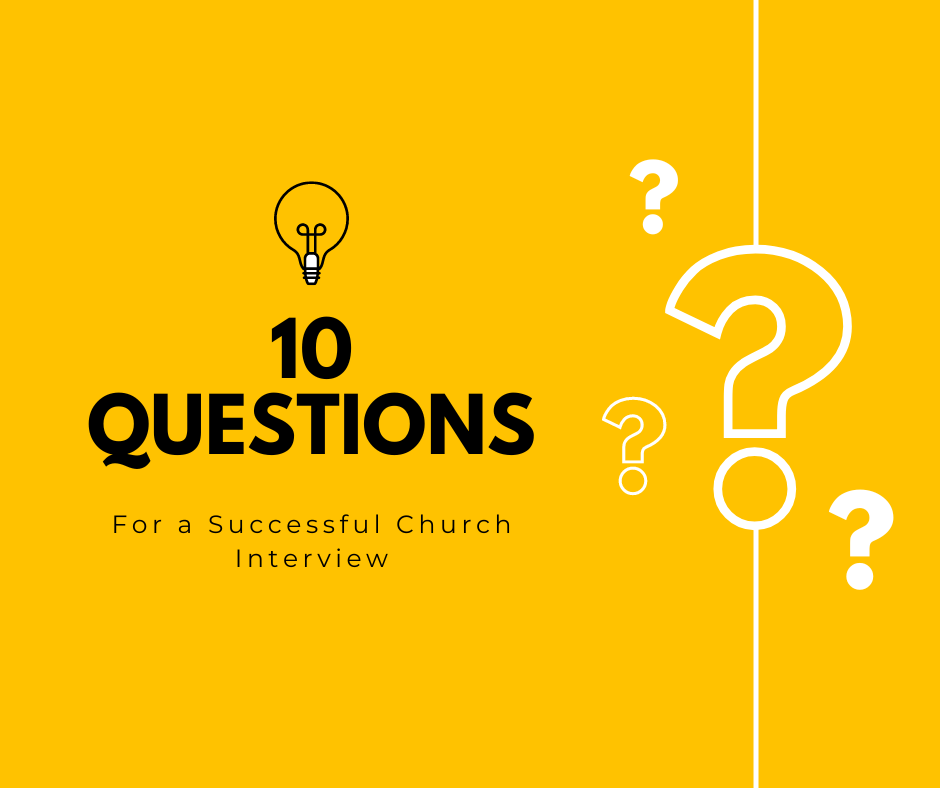The Emotional Cycle of Change
The Emotional Cycle of Change
“A pastor goes into it thinking he’s going to change the world… He gets fired for changing the bulletin.” Yikes… That is one of those tough sayings that rings true for far too many pastors that I know. They had high hopes of replanting a struggling church but realized quickly that change is hard.
But here’s some good news: change follows a fairly predictable pattern. And if you can exercise tactical patience, you really CAN change the world– or, at least, your church.
Stage One: Uninformed Optimism
Oh man. This stage is absolutely great… while it lasts. Unfortunately, that’s not very long. At this stage, everyone is excited about the change. They’re “ready for change,” they’re “eager for a new direction” and “looking forward to some new ideas.” The optimism is contagious, and there’s a good wave of momentum. This is the stage when a pastor starts planning out some necessary changes and begins talking about them with key people who are mostly supportive.
On the Replant Bootcamp podcast, the guys compared this stage to the Israelites coming out of Egypt. There was joy as they celebrated the First Passover and began to follow God’s direction. They were led by God in the form of a pillar of cloud by day and a pillar of fire by night, and they were ready to take hold of the Promised Land God had pledged to them (Exodus 13).
But just like Moses, pastors will discover that after the initial excitement wears off, the congregation will start into the negative Stage Two.
Stage Two: Informed Pessimism
One of the most important things a pastor can do when implementing changes is to communicate. You can’t over-communicate when you are making changes. Your congregation needs to know the what, when, how, and especially why changes are being made. There is a temptation here for most pastors, because once change is communicated, then the protests start. “We’ve done it this way for years– why change now?” “That sounds expensive and like a lot of work. We don’t have the resources for that.” “We don’t want to do something new. We like it this way.”
In this stage, the benefits of change don’t feel immediate and sometimes the wait can make them seem unimportant. You might forget why you felt so strongly about the changes you were called to make. The cost associated with the change becomes apparent, and the grumbling starts to wear you down.
Again, we can look to the Israelites and see the parallel. In Exodus 14, as the Egyptians are racing toward them, the Israelites look at Moses and say, “Is it because there are no graves in Egypt that you have taken us away to die in the wilderness? What have you done to us in bringing us out of Egypt? Is not this what we said to you in Egypt: ‘Leave us alone that we may serve the Egyptians’? For it would have been better for us to serve the Egyptians than to die in the wilderness.” (Exodus 14:11) Funny isn’t it? The same Israelites who were just a chapter before praising God for His deliverance have abandoned the idea at the first sign of trouble! Suddenly they don’t remember the horror of Egypt, they would rather go backward than to face their fear, which leads directly to stage three.
Stage Three: The Valley of Despair
The costs have been counted, and the people are grumbling. Benefits for change seem far away and your people are struggling to support a change they don’t feel is necessary. You’ve tried to communicate the reasons why, and you’ve fought the good fight. But in stage three, even you will start to question your decisions for change. You will start wondering if this is even worth it.
At this stage, no one is happy. You aren’t happy, your congregation isn’t happy. Heck, even your dog is unhappy at this point. You will look for a way out of this hard struggle. And the easiest way to get out of it? Just go back to the way it was. After all, you rationalize, it wasn’t so bad before. It’s the same feeling the Israelites had when they told Moses, “Just take us back to Egypt!”
Many pastors quit at this point. And it’s definitely tempting to walk away. But beware– this is a watershed moment. If you can stand firm and exercise patience in this stage, you can make it to stage four!
Stage Four: Informed Optimism
Yay! We’re back to an optimistic point! Finally, you are seeing some fruits of your labor. The benefits you knew would come are tangible and people are feeling momentum. At this stage, there is support for the vision and excitement is building. Your congregation has not only embraced the change, they now see the tangible difference it made and are inspired by it!
For the Israelites, this looks like crossing the Jordan into the Promised Land (Joshua 3). They have wandered for 40 years as a punishment for their disobedience and their obstinance. But in crossing the Jordan, they are making a break with their old life and entering into their new life with God in the land promised to them. (We certainly hope you don’t have to wander for 40 years in the desert of indecision, but you should know that most of the time you won’t reach this stage until year 4 or 5 of a replant.) They are ready to take on the task of fulfilling God’s covenantal promise to them.
Stage Five: Success and Fulfillment
The final stage of the emotional cycle of change is success and fulfillment. You are not only seeing your changes and your goals come to fruition, you are creating a whole new culture. This is no longer about small changes, this is about the larger attitude of the church. The church is changing from a “me first” mindset to a church that makes disciples that makes disciples that make the community noticeably better– one with a healthy culture of disciple-making and missional involvement. It’s not change for the next year or two, or even for your time as a pastor there, it is a multi-generational change that lasts long past your tenure.
Looking at our parallel with the Israelites, this is the Battle of Jericho moment. This is complete trust in God and complete success in the mission of God.
How do we get there from here?
Many of you are stuck in those early stages. Can I take a moment to encourage you? Typically, it takes 4-5 years in a replant to see the latter stages of informed optimism and success and fulfillment. During that time, you will feel the temptation to give up. Many pastors give up around year three, when they feel stuck in that valley of despair. But we need you to stick it out, pastor. Your church needs you. Your family needs you. There are battles to be fought and hard times to go through, and we need you to know that there are better days ahead. God has not lost sight of you, and like the Israelites, you will soon see a victory. Keep at it, pastors. God has not abandoned your church– or you.


















